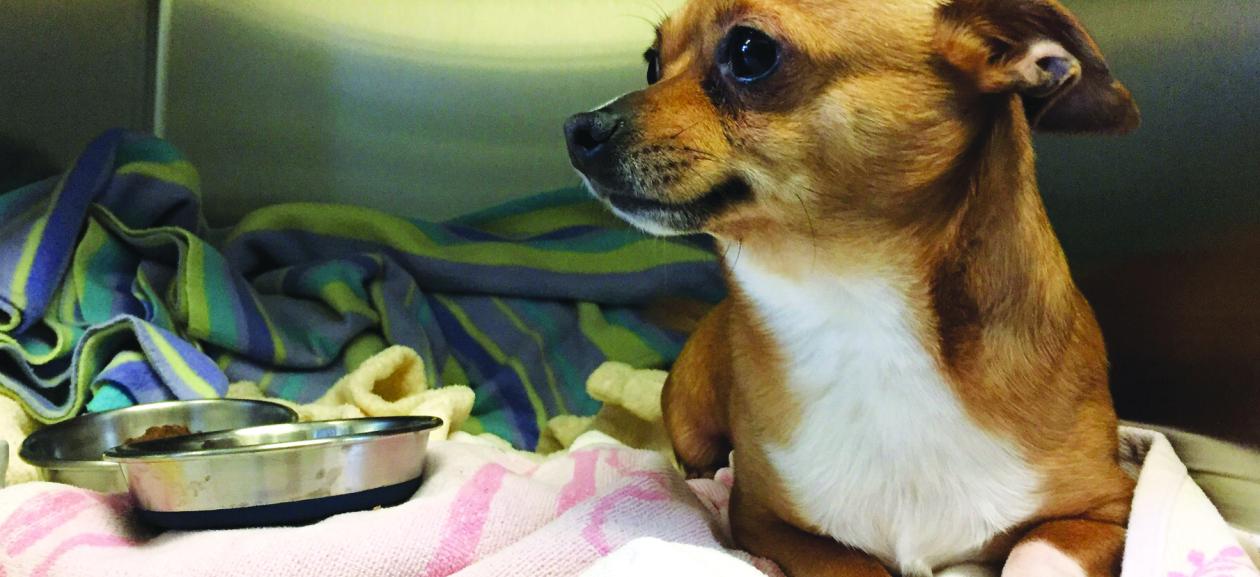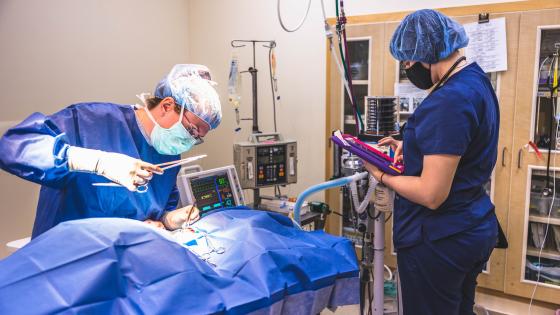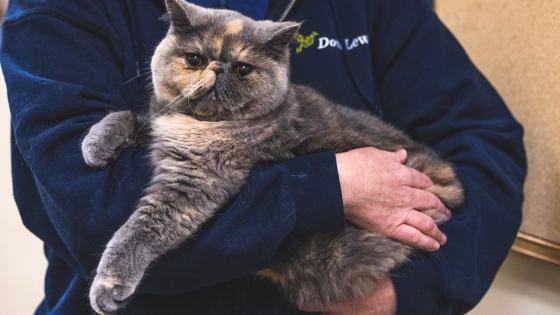
An Updated Microchip is the Best Way to Be Reunited With Your Lost Pet
DoveLewis shares why this method works and how to update your pet’s chip
PORTLAND, Ore. – More than 7 million stray companion animals enter shelters every year. Dogs and cats can accidentally wander from even the most loving and careful families, especially during the summer months. DoveLewis Veterinary Emergency and Specialty Hospital is sharing the best way to plan ahead should a pet get lost: a microchip.
“Pets who have a microchip have the greatest chance of being reunited with their families,” said Dr. Ladan Mohammad-Zadeh, DoveLewis critical care specialist. “Many of the injured and sick animals we treat are originally brought to our hospital as strays. If the pet has a microchip, it’s easy to alert the owner.”
Through their donor-funded Stray Animal and Wildlife Program, DoveLewis treats injured and ill stray animals on a daily basis. While several pets do have microchips, doctors also see their fair share of outdated chips, making it hard to track down the owners.
Pets can be microchipped at their veterinarian, and the chip should be updated every time the pet’s home address changes. Changing the contact info of a microchip is an easy process, and here’s how to go about it:
If you know the microchip manufacturer and ID number
Call the phone number on the activation card you received when the chip was implanted. Tell them the chip ID number and your new contact information. Or update online by going to the chip manufacturer’s website.
If you only know the microchip ID number
Find the manufacturer’s name online at the PetMicrochipLookup.org. Once you have that information, call or visit their website to make your changes.
If you don’t have any info on the microchip
Contact the veterinarian where the chip was implanted. They should have a record of the procedure that includes the microchip ID number. Or take your pet to a local vet clinic or animal shelter to have the chip scanned. They will be able to retrieve the ID number.
Keep in mind that collars and tags can get lost if your pet goes missing. Having an updated microchip is a secure, permanent way for your pet to be identified should they ever stray from home.
###



